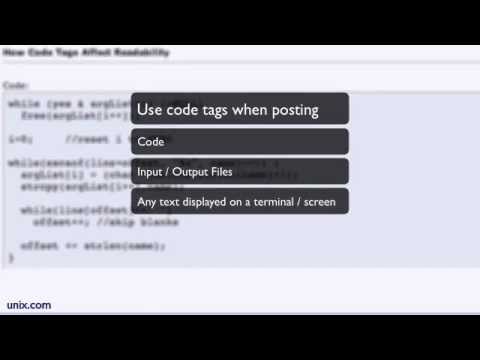Hello Everyone,
I'm new to Solaris, less than a week to give an idea how green I am. Although new to UNIX, I've been running Linux (i.e. OpenSUSE, Ultimate Edition, Arch, and obviously Ubuntu) for many years, so, I decided to put Solaris 11 on my 12 core opteron. I had a bit of difficulty with video drivers and got them to work, however, I am completely dumbfounded when it comes to my sound NOT working.
Although new to UNIX, I've been running Linux (i.e. OpenSUSE, Ultimate Edition, Arch, and obviously Ubuntu) for many years, so, I decided to put Solaris 11 on my 12 core opteron. I had a bit of difficulty with video drivers and got them to work, however, I am completely dumbfounded when it comes to my sound NOT working.
$ ls /dev/sound gives the following:
0 2ctl audiocmi:0dsp audiohd:1ctl
0ctl audiocmi:0 audiocmi:0mixer audiohd:1dsp
2 audiocmi:0ctl audiohd:1 audiohd:1mixer
That being said, I've tried different devices in the "Sound Preferences" section to no avail. I've also tried another sound card and got a similar output that the device and drivers were working. I've also made sure that the cables are hooked up properly just to be sure I've exausted all options. I also went into the Device Driver Utility and didn't see anything wrong there as well, in fact I got the following:
node name: pci13f6,111
Vendor: C-Media Electronics Inc
Device: CMI8738/CMI8768 PCI Audio
Sub-Vendor: C-Media Electronics Inc
Sub-System: CMI8738/C3DX PCI Audio Device
binding name: pci13f6,111
devfs path: /pci@0,0/pci1002,4384@14,4/pci13f6,111@2
bus addr: 2
pci path: 1,2,0
compatible name: (pci13f6,111.13f6.111.10)(pci13f6,111.13f6.111)(pci13f6,111)(pci13f6,111.10)(pci13f6,111)(pciclass,040100)(pciclass,0401)
driver name: audiocmi
instance: 0
driver state: Attached
fm-errcb-capable: TRUE
ddi-no-autodetach: 1
assigned-addresses: 81011010
reg: 11000
compatible: pci13f6,111.13f6.111.10
model: Audio device
power-consumption: 1
devsel-speed: 1
interrupts: 1
max-latency: 18
min-grant: 2
subsystem-vendor-id: 13f6
subsystem-id: 111
unit-address: 2
class-code: 40100
revision-id: 10
vendor-id: 13f6
device-id: 111
I'm terribly sorry that I couldn't justify the margins with the output, but, I figured it would be better than nothing.
All that being said, I would greatly appreciate if someone could/would help me out with this problem.
Thanks for your time and help.
-Pete






